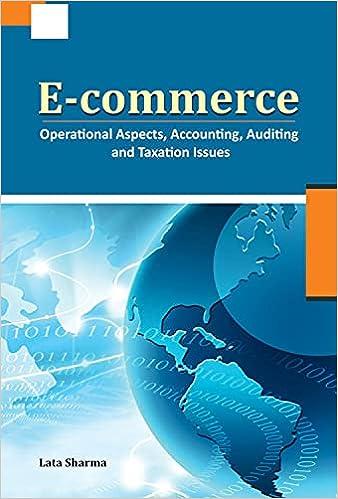Question
Consider an exchange economy with two agents, 1 and 2, and two goods, apples and bananas. The agents' preferences are represented by the utility functions
Consider an exchange economy with two agents, 1 and 2, and two goods, apples and bananas. The agents' preferences are represented by the utility functions
1(1,1) =1 +ln(1+1),
2(2, 2) = 2 + 2ln(1 + 2),
where ln stands for the natural logarithm and, for = 1, 2, denotes agent 's consumption of apples and denotes agent 's consumption of bananas. Before trade, agent 1 owns 10 apples and 0 bananas while agent 2 owns 0 apples and 10 bananas.
(a) Describe all the efficient (i.e., Pareto optimal) allocations of this exchange economy. Recall that not all agents need consume a strictly positive quantity of all goods.
(b) Compute the competitive equilibrium of this exchange economy. Without loss of generality, normalize the unit price of apples to 1, and denote the unit price of bananas by . What is the equilibrium price of bananas? What are the agents' equilibrium consumptions of apples and bananas?
Step by Step Solution
There are 3 Steps involved in it
Step: 1

Get Instant Access to Expert-Tailored Solutions
See step-by-step solutions with expert insights and AI powered tools for academic success
Step: 2

Step: 3

Ace Your Homework with AI
Get the answers you need in no time with our AI-driven, step-by-step assistance
Get Started


